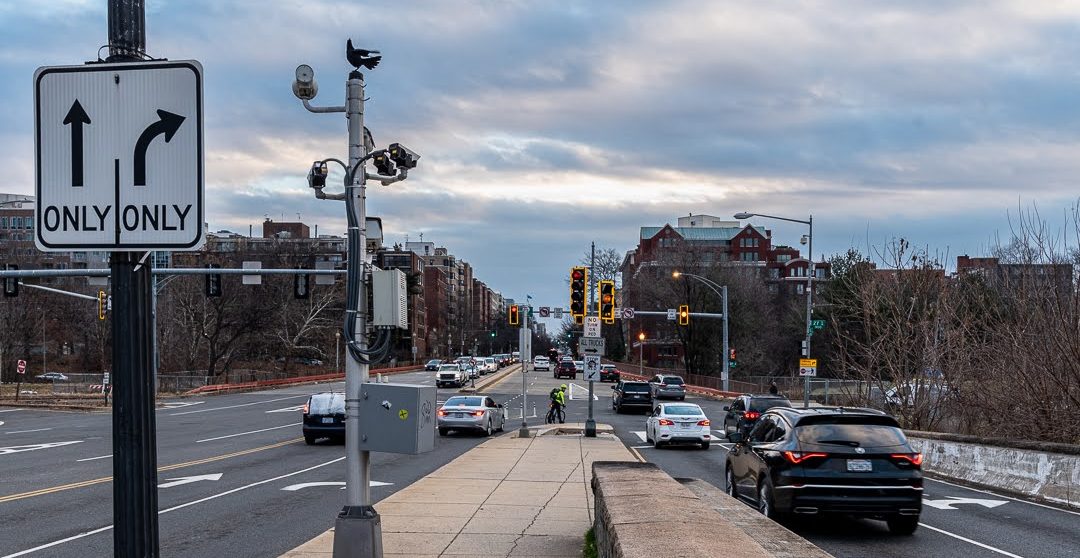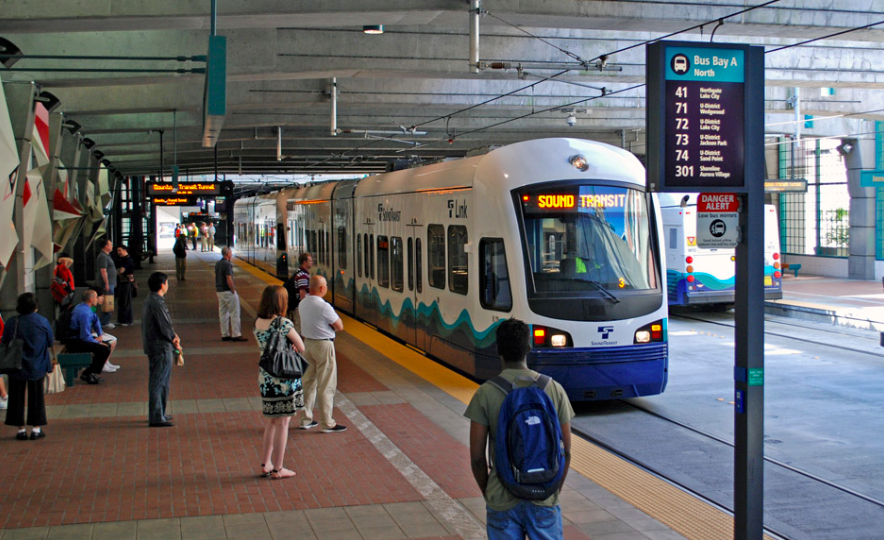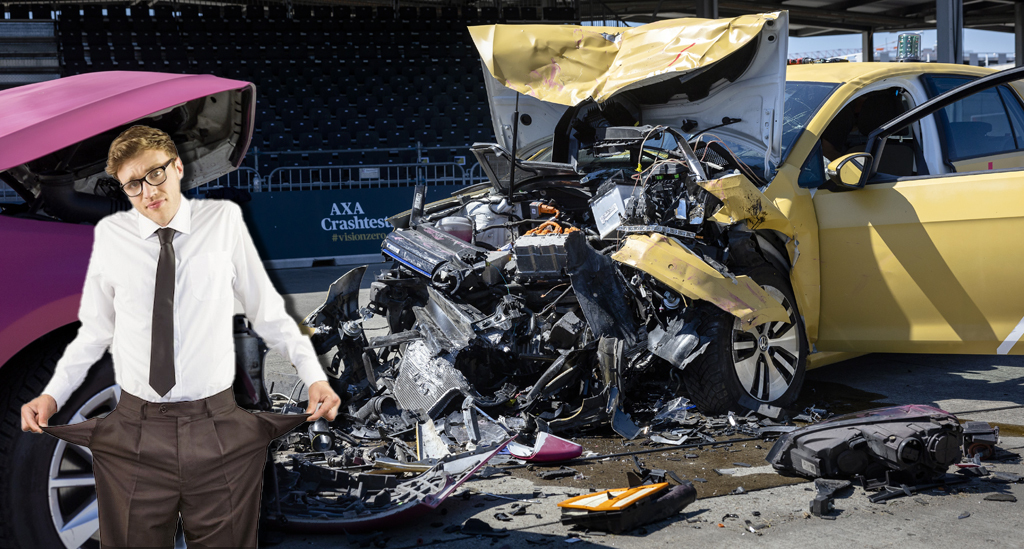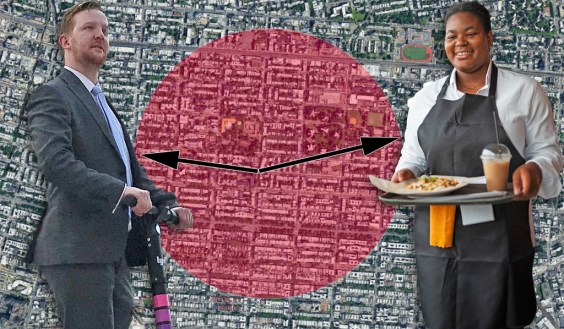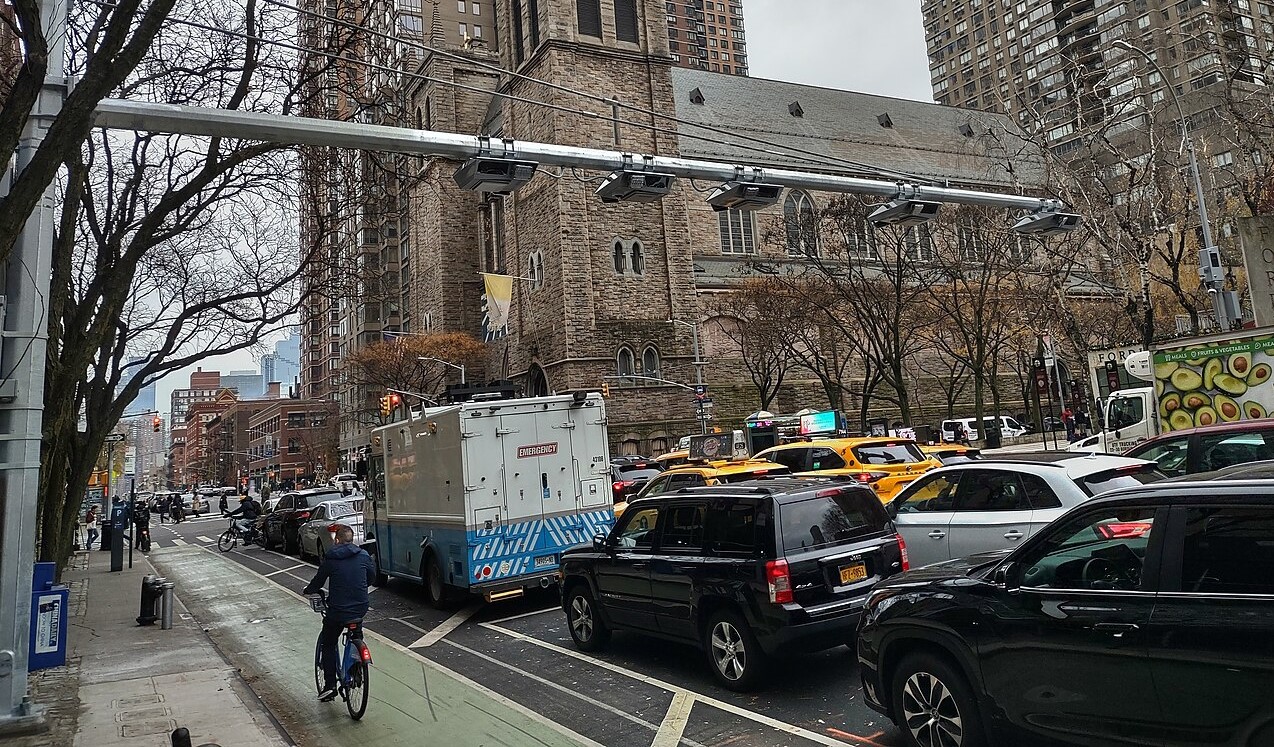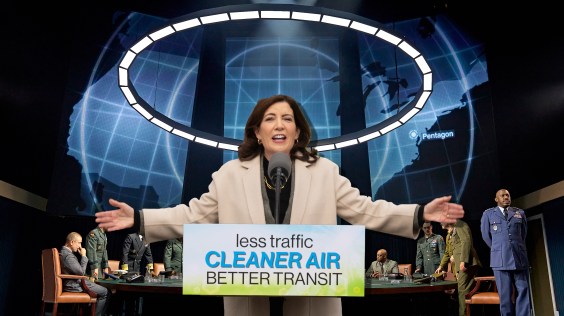Days after pitching the Senate environment committee for federal help with expediting his ambitious "30/10" package of new transit projects, Los Angeles Mayor Antonio Villaraigosa was back on the Hill yesterday meeting with lawmakers as part of a broad campaign for more investment in California infrastructure.
 Villaraigosa, at left, flanked by Sen. Barbara Boxer (D-CA). (Photo: Life)
Villaraigosa, at left, flanked by Sen. Barbara Boxer (D-CA). (Photo: Life)Villaraigosa joined the Los Angeles Chamber of Commerce and a delegation of regional business owners estimated at 200-strong for meetings with the environment panel's chairman, Sen. Barbara Boxer (D-CA), as well as Sens. Dianne Feinstein (D-CA) and John McCain (R-AZ).
Immigration topped the agenda for the McCain meeting, according to Southern California Public Radio, and the L.A. Business Journal reported that the Southern California group visited with White House adviser Valerie Jarrett. But Villaraigosa's meeting with Boxer focused on the potential for speedier progress on the dozen transit extensions and expansions that make up the "30/10" list.
In his Senate testimony last week, Villaraigosa indicated that existing federal funding programs such as Build America Bonds and the Transportation Infrastructure Finance and Innovation Act (TIFIA) could prove helpful for his transit push. However, he also issued a highly relevant challenge to federal officials struggling for new ways to close the revenue gap for the next long-term federal transportation bill:
[T]he federal government canand should do more, especially for cities and regions that are comingto the table with money in hand to create a true federal-localpartnership. We have begun conversations with leaders in the Senateand House, the White House, and key federal agencies to strategizeabout how we can partner together to leverage local voter-approvedfunding in a way that will create jobs and improve sustainability.
Becausewe plan to finance much of the 30/10 construction, we believe acombination of multi-year direct loans, loan guarantees, interest ratesubsidies, and innovative repayment terms would enable us to fundconstruction of all 12 of our transit projects over the next decade.This could become the model for a new paradigm in federaltransportation funding, or - at a minimum - an innovative partnershipmodel.
The key words in the mayor's remarks were "leverage local voter-approved funding," which L.A. did in 2008 under Measure R, a sales tax increase approved to pay for new transportation projects. If Villaraigosa can use voters' willingness to pay new taxes -- and the $4 billion-plus that he estimates would be saved by building the transit projects in 10 years rather than 30 -- to win extra federal commitment, it would be a major victory for his city.
To create a template for other cities to replicate, however, Villaraigosa's allies must hope to avoid the scenario facing Denver, where regional leaders are seeking another sales-tax hike after revenue from their initial increase failed to keep pace with cost estimates for the Fastracks transit plan. The fiscal woes facing Fastracks reportedly stem from land costs that exceeded expectations, rising construction inflation, and too-rosy estimates of sales tax revenue; all are pitfalls that could arise for any city planning major transit investments.
